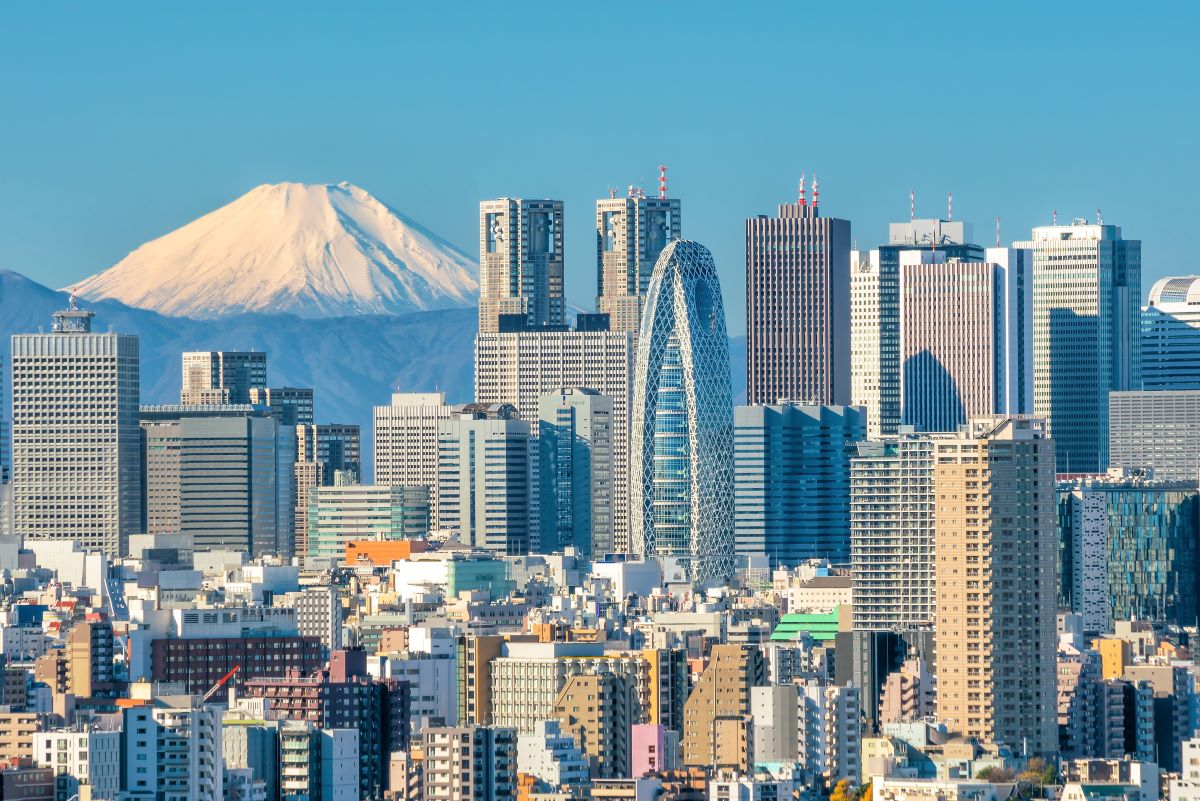The rapid depreciation of the yen and low interest rates have driven a lot of foreign investors towards Japan’s real estate market. According to a CBRE report, total foreign investments in Japanese real estate climbed by 45% in the first half of 2023. The sector is witnessing substantial investments from institutional investors, private equity firms, sovereign wealth funds, and corporations.
On the contrary, the Chinese real estate market has lost its global appeal as it continues to remain unstable. In its latest report, the International Monetary Fund (IMF) cites the Chinese real estate crisis as a global risk and opines that only big policy changes by the government can revive the sector.
Thus, foreign investors have been directing capital towards the Japanese real estate sector, encompassing the residential and commercial property market. This includes many Chinese high-net-worth investors as well.
In a survey conducted earlier this year by Shenjumiausuan, a division of the real estate company GA Technologies, 89% of Chinese investors expressed their interest in taking a real estate tour in Japan. Among their top choices for cities in Japan were Tokyo, Hokkaido, Osaka, and Kyoto.
According to the prominent real estate research company JLL, Tokyo ranked as one of the most attractive investment cities globally in the first half of 2023, second only to Los Angeles.
Concurrently, there is a growing trend of investors from Singapore making substantial investments in Japan’s real estate market, with investors from the US, Canada, and the UAE also showing interest in this sector.
Over the past decade, most of the investments from Singapore have flown into Japan’s office sector, followed by industrial and hospitality assets, revealed Knight Frank. In the first half of 2023, nearly $1.68 bn of capital has flown in from the country into Japan’s logistics sector.
Overseas investors have recognised the distinctions between Japan’s economy and China’s, with Japan offering a more stable and liquid market with fewer economic and geopolitical uncertainties. This political stability has made Japan an appealing destination for foreign real estate investors, particularly in the commercial and logistics sectors, due to low interest rates.
Koji Naito, Research Director of Capital Markets at JLL Japan, says, “Foreign investors have been actively trying to enter Japan because of its favourable interest rate differentials over other key markets.” He also adds that offshore investors are increasingly seeking exposure to the market logistics and multifamily assets in the country.
Favourable lending terms aiding Japan’s real estate market
Japan’s global monetary policy stands out from the Western world and China. The Bank of Japan (BOJ) has kept its ultra-loose policy intact. This has led to the country’s favourable lending terms. The loan-to-value ratio is 70%, while the cost of lending stands at nearly 1%, as per CBRE, compared to China’s one-year loan prime rate of 3.4%. Ultra-low interest rates and higher loan-to-value ratios make up for lower rental yields on commercial properties so that investors can generate positive cash-on-cash returns.
In addition to affordable financing, a significant factor contributing to the attractiveness of Japan’s real estate market is the yen’s depreciation to its lowest level against the US dollar in more than 30 years. The low yen has been an advantage for most businesses in the country, leading to high demand for office spaces.
Another report by CBRE earlier this year revealed that in terms of asset types, overseas investors in the Japanese market prefer office properties the most. “Offices’ popularity most likely stems from their superiority to other asset types in terms of tenant diversification, liquidity, and transaction scale,” states CBRE.
Moreover, global manufacturers shifting their supply chains away from China are increasingly looking towards Japan. Hence, the Japanese logistics sector has witnessed substantial growth led by the growth of e-commerce and third-party logistics.
In August 2023, Asia’s largest real asset operator, ESR, commenced the construction of a 750,000-square-metre Kawanishi Distribution and Tech Park in Osaka, Japan. This is expected to become the largest distribution hub in the country.
Moreover, after the border restrictions were removed and Japan’s tourism sector saw a revival, there has been a surge in hotel occupancies and hospitality investments, according to Knight Frank. The property consultant predicts, “Given the limited availability of new hotel rooms in the foreseeable future, the upward trend in occupancy rates is anticipated to continue.”


 Australia
Australia China
China India
India Indonesia
Indonesia Japan
Japan Malaysia
Malaysia Philippines
Philippines Singapore
Singapore South Korea
South Korea Taiwan
Taiwan Thailand
Thailand Vietnam
Vietnam







